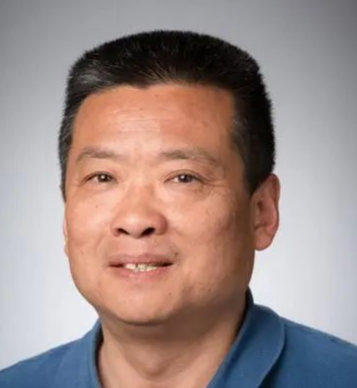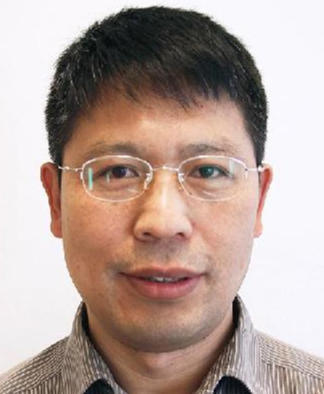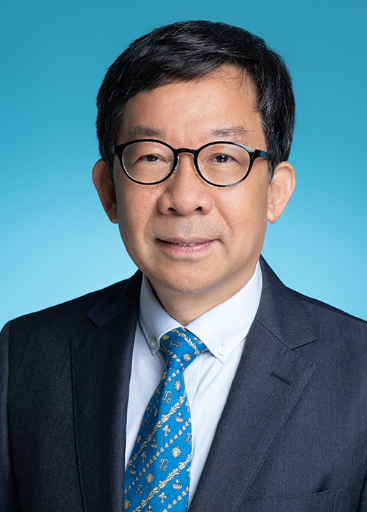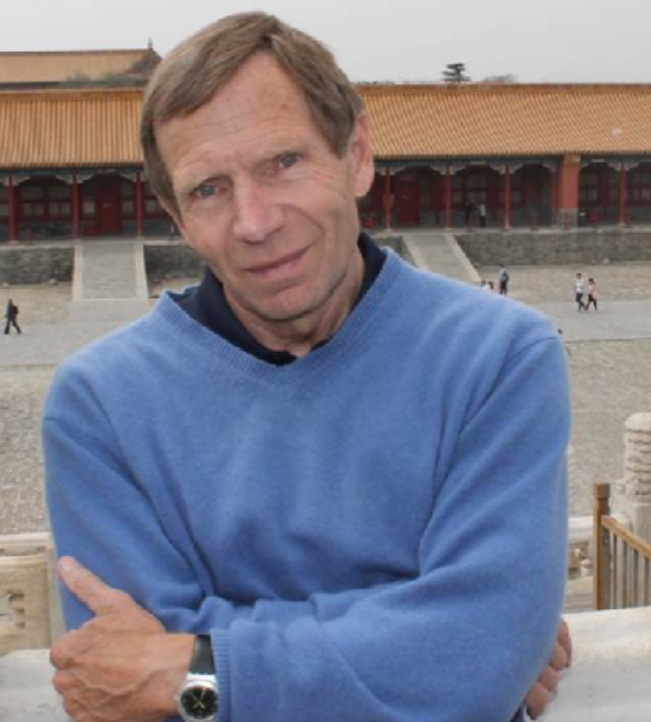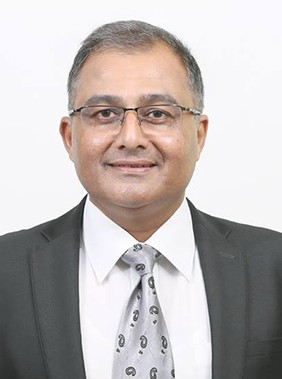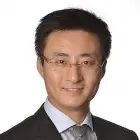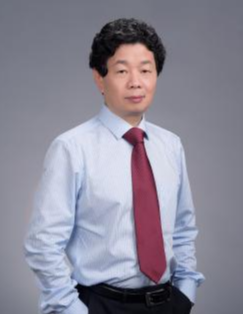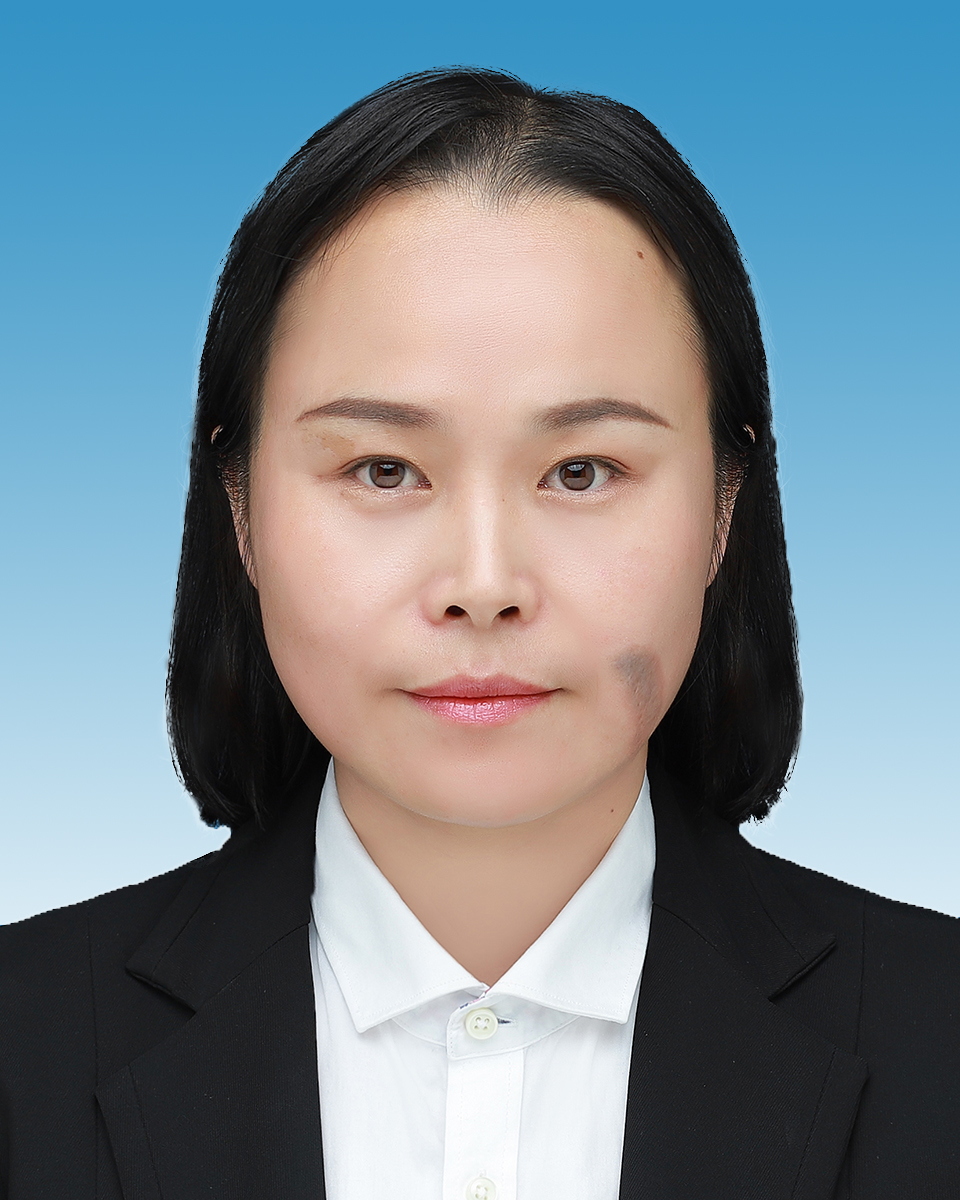| Prof. Peidong WuMcMaster University, Canada Peidong Wu, currently a professor at McMaster University. He is Fellow of the Canadian Academy of Engineering. He received his bachelor's degree in Solid Mechanics from the Department of Mechanics at Zhejiang University in 1982, and obtained his doctorate from Delft University of Technology in the Netherlands in 1994. In 2001, he was elected as the Technical Manager of Alcan Inc., and in 2006, he was appointed as a tenured professor at McMaster University. Professor Wu is an internationally renowned expert in material constitutive modeling and metal forming. His constitutive models have been widely applied in industrial fields. He pioneered a rigorous crystal plasticity-based approach for constructing technically important metal forming limit diagrams and assessing rope-like surface defects in aluminum. He has made significant contributions to increasing aluminum usage in automobiles, reducing the weight of aluminum cans, minimizing resource consumption, and environmental protection. |
| Prof. Yanjun LiNorwegian University of Science and Technology, Norway Yanjun Li (Born 1970), professor of Physical Meallurgy. He obtained his Ph.D in Materials Science and Engineering (1997). He had worked as Research Metallurgist at Hydro Aluminium (2005-2007), and Senior Research Scientist at Group of Materials Physics, SINTEF M&K (2008-2013) before he joined NTNU as a full professor in 2013. In 2019, he worked as a Visiting Professor at the Department of Materials Science and Engineering, MIT, for 6 month. He currently holds multiple important positions, including the director of the Norwegian National Laboratory for Material Characterization and the vice president of the Norwegian Academy of Technology and Science (NTVA). His current research areas include alloy solidification, grain refinement, precipitation transformation and strengthening, deformation and recrystallization, grain boundary segregation and strengthening, first-principles calculations, and microstructural simulation. He has published over 170 academic papers in journals such as Acta Mater, Additive Manufacturing, Int J Plasticity, and Nature Comm. |
| Chair Prof. Mingwang FUThe Hong Kong Polytechnic University, China Hong Kong Mingwang FU (M.W. FU) is a Chair Professor of Advanced Manufacturing in the Dept of Mech. Eng., The Hong Kong Polytechnic University (PolyU). He is a Fellow of Society of Manufacturing Engineers (SME) and Hong Kong Institute of Engineers (HKIE). Professor Fu is the Royal Society Wolfson Visiting Fellow and an Associate Director of Research Institute for Advanced Manufacturing at HK PolyU. From 1987 to 1995, he worked as a faculty member in China. Upon completion of his PhD study in the National University of Singapore in 1997, he joined the Singapore Institute of Manufacturing Technology as a Senior Research Engineer. In Aug 2006, he joined the HK PolyU as a faculty member. Professor Fu is quite active in exploring advanced materials processing, multi-scaled and deformation-based manufacturing, plasticity/damage/fracture/fatigue of materials, FEM modelling and simulation, size effects and micro-mechanics. These efforts aim at seeking for an epistemological understanding of the physical nature behind these disciplines, developing the knowledge in these areas, and successfully addressing a plethora of challenges and bottlenecked issues in these domains, and eventually developing the state-of-the-art manufacturing processes and solutions. His research has benefited the development of the technologies in the above-described fields and led to over 300 journal publications, 6 monographs and one edited volume of the Encyclopedia of Materials: Metals and Alloys published by top publishers. He often gives plenary talk in many international conferences, including ICTP, NumiForm, WCMNM, etc., in different countries.He is also sitting in the Editorial Board or as an Associate Editor in some longstanding journals. |
| Prof. Robert SandersNovelis Inc./ Chongqing University , America Robert Sanders is an industry consultant, with more than 40 years of experience in metallurgy and applications of aluminum alloys and products. Rob received his PhD in Metallurgy from the Georgia Institute of Technology in 1978 where he studied fatigue and fracture behavior of high strength aluminum alloys. He worked at the Alcoa Technical Centerin aluminum alloy research and development, technology transfer from R&D to manufacturing, and education and training from 1978 until 2011. His experience includes aluminum can sheet, aerospace and automotive products, armor plate, foil, continuous casting, and extrusions. From 2005-2010 Rob was theTechnology Director for Alcoa Asia-Pacific in Beijing, where he hired and trained a 10 person technical team to support Alcoa’s business in China. Since 2010, Rob has been a visiting Professor at Chongqing University in China. He supervises several students in various aspects of microstructure and mechanical behavior of aluminum alloys and teaches a general class in aluminum metallurgy. He has also consulted for various industrial clients in the USA, Korea, and China. Since 2012, Robert has served as a Senior Technical Advisor for the Novelis Global Technology team, based in Kennesaw, GA. He is currently writing a book (co-authored with Graeme Marshall) entitled Aluminum: Technology, Industry and Applications, to be published by the American Society for Metals in 2023. Report Title: Aluminum Alloys, Recycling and “Green” Transportation |
| Prof. Puneet TandonPDPM Indian Institute of Information Technology, India Prof. Puneet Tandon is a joint Professor of Mechanical Engineering and Design at the Indian Institute of Information Technology, Design and Manufacturing (IIITDM), Jabalpur, India. With over 16 years as a professor and 37 years of total experience, he areas of expertise are: Advanced Manufacturing Technologies (including Hybrid, Additive, and Dieless Manufacturing), Digital Design & Manufacturing (including Data-driven Smart Design & Manufacturing, AI/ML applications in Design & Manufacturing, Intelligent Systems, and Computer-Aided Design), and Innovative Product design and development. He holds Master's and Doctoral degrees from the Indian Institute of Technology (IIT) Kanpur, India. He holds 55 patents and has authored more than 375 publications in peer-reviewed journals/book chapters/ international/national conferences. Twenty-two doctoral students have been awarded degrees under his supervision, and he has supervised eighty-five master's students. Prof. Tandon has been conferred the prestigious title of “Honorary Professor” by the Nosov Magnitogorsk State Technical University (NMSTU), Russia. He has been awarded the 2020 DUO-India Professor Fellowship with the University of Padova, Italy. He has also been granted an Erasmus+ from the European Commission for the period 2024-27. He is a part of the Scientific Committee of the SME-NAMRI for the 54th NAMRC Conference 2026. He is a member of the International Advisory Committee for the 2026 International Deep Drawing Research Group Conference (IDDRG). He was the Topic Chair of the ASME International Mechanical Engineering Congress & Exposition (IMECE) 2025, ASME IMECE 2024, ASME IMECE 2023, and ASME IMECE 2022, and the Co-Chair of the 5th International and 20th National Conference on Machines and Mechanisms 2021 (iNaCoMM 2021). He has been a member of the International Programme Committee – Asia of CAD Conferences for the past several years (2017-2026) and serves on the advisory committees of various international conferences. Additionally, he organizes Design Workshops (DeW) annually, in collaboration with the Ministry of Foreign Affairs (MOFA) Japan. |
| Prof. Liliang WangImperial College Londun, Britain Liliang Wang received his PhD degree from Delft University of Technology. He joined Imperial College in 2009. Prof. Wang’s main research interests include the design and development of advanced metal forming technologies and manufacturing systems. His work has made fundamental contributions to material characterization and modeling, as well as interface behavior research of engineering materials. In particular, Professor Wang's research has had a direct impact on sustainable manufacturing. Dr Wang has been one of the few scholars pioneering the field of cloud computing finite element analysis, combining this analysis with advanced material and process modeling techniques to study a wide range of metal forming processes. The data-driven methods developed in his research will enable new research topics, manufacturing technologies, and business models to be developed and operated more efficiently. Dr Wang has published over 100 papers in peer-reviewed journals and conferences. Since 2014, his papers have been cited more than 750 times, with an h-index of 15. Professor Wang's growing international reputation is reflected in his numerous invited presentations and positive evaluations of his research work from scientists in the UK, many European countries, and China. Professor Wang serves on the scientific committee of two international conferences and is a reviewer for 23 international journals. |
| Prof. Jianfei ChenSouth University of Science and Technology, China Jianfei Chen has taught at prestigious universities both in China and abroad, including Zhejiang University (1987-1992), the University of Nottingham (2001-2002), and the University of Edinburgh (2002-2013). He joined Southern University of Science and Technology in 2019. Professor Chen's research interests cover two disciplines: civil engineering and mechanics of granular materials. His main research areas include: (1) Applications of high-performance fiber-reinforced polymer (FRP) composites in civil engineering; (2) Research and applications of advanced discrete element and finite element methods; (3) Granular mechanics, bulk particle flow in silos, and their interactions with storage structures. Professor Chen has made systematic and innovative research contributions in these three fields, which have had significant global impact. As of June 2018, he has published one monograph and over 300 journal and conference papers, including more than 80 SCI-indexed journal papers. These publications have been cited 7,664 times on Google Scholar and 4,049 times in the Web of Science Core Collection (WoS), with 3,326 citations from other authors (excluding self-citations). His 77 SCI papers have an H-index of 26 in WoS. He was selected as one of the 150 "Highly Cited Researchers in Civil Engineering" globally in 2016, according to a joint publication by ShanghaiRanking and Elsevier. |
| Prof. Mei ZhanNorthwestern Polytechnical University, China Professor Zhan Mei is a Chair Professor and Doctoral Supervisor at the School of Materials Science and Engineering, Northwestern Polytechnical University (NPU). Her research focuses on Precision Plastic Forming technologies and fundamental theories for manufacturing high-performance, lightweight complex components, with direct applications in major aerospace projects including the Long March rockets and the C919 aircraft. A Chang Jiang (Yangtze River) Scholar Distinguished Professor and National Distinguished Young Scholar, she has been honored with both the National Natural Science Award and the National Technology Invention Award. She holds over 60 national invention patents, has authored more than 170 research papers, and has led over 30 key national research projects. Prof. Zhan serves as the Vice Chairperson of the Plastic Engineering Society of CMES and contributes as an editorial board member for several international journals. |
| Prof. Lihua ZhanCentral South University, China Lihua Zhan is a second-level professor and doctoral supervisor. She has long been engaged in research on the integrated manufacturing theory and technology of lightweight, high-strength, large-scale components' shape and performance. She has presided over more than 20 national and provincial-level scientific and technological projects, including National 973 Program projects, major project topics of the State Administration of Science, Technology and Industry for National Defense, National Key R&D Projects, National Major Science and Technology Projects (04 Special Project) topics, Civil Aircraft Special Project topics, National Natural Science Foundation Key/General Projects, and Hunan Provincial Natural Science Foundation Key Projects. She has published over 250 papers in domestic and international authoritative journals in the field of plastic processing, such as IJP and JMPT, with a total of over 1,500 citations on Google Scholar, the highest single-paper citation being 250 times, and has been granted 70 national patents. She has authored one Chinese monograph, contributed six chapters to Chinese and English monographs, delivered more than ten invited reports at international conferences, and served as an editorial board member of multiple international and domestic journals, including IJLMM (International Journal of Lightweight Material and Manufacturing). With continuous support from national projects (topics), through interdisciplinary integration of mechanics, materials, chemistry, physics, and mathematics, Professor Zhan Lihua has studied and revealed the basic laws governing various extreme forming capabilities and cross-scale microstructural evolution of materials involved in the entire component manufacturing process under abnormal manufacturing conditions, as well as their impact on macro-service performance. She has explored mechanisms and component manufacturing modes for coordinating precision forming and performance improvement.She has made breakthroughs in major technical challenges in manufacturing lightweight and high-strength materials and components for aerospace applications, achieved multiple innovative research outcomes, developed core technologies, and made significant contributions to aerospace and weapon equipment manufacturing. |

